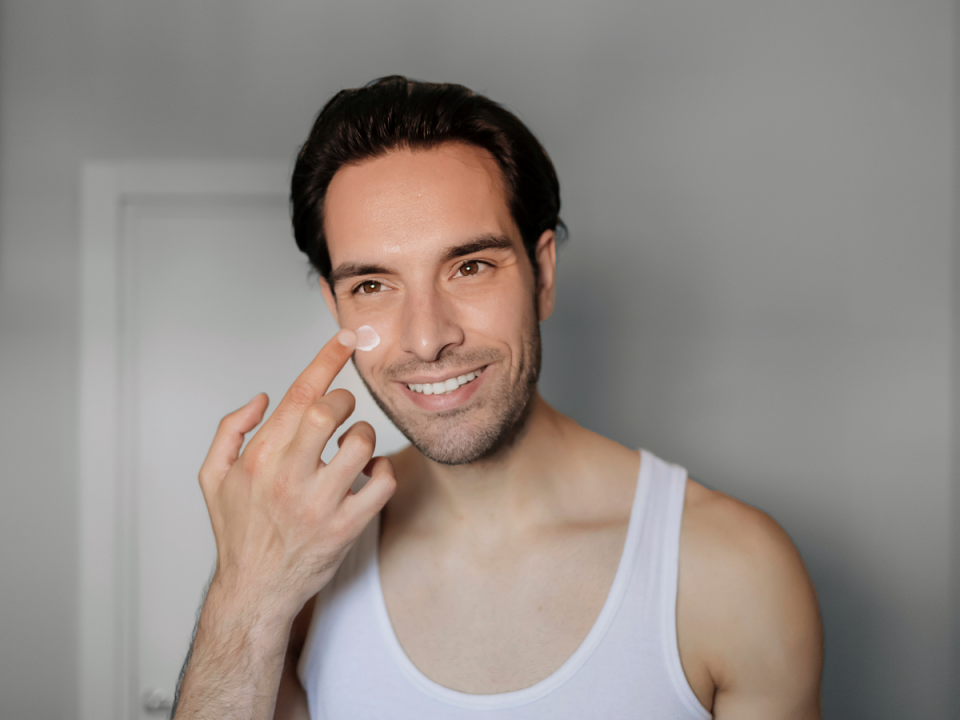According to a study, men’s skin cancer fatality rates have more than quadrupled since the 1970s, prompting new advice from doctors to avoid the sun.
According to Cancer Research UK, the death rate from melanoma, the deadliest type of skin cancer, has climbed by 219 percent in men since 1973, compared to 76 percent in women. As many as 1,400 males now pass away from the illness every year, compared to 980 women. This equates to a total of six individuals per day, according to the organization.
Melanoma accounts for 16,000 instances a year in the UK, making it the sixth most prevalent malignancy. According to Cancer Research UK, over 90% of instances might be avoided.
According to experts, the new data showed how males were more likely to receive a diagnosis of the condition when it was already further advanced. Men’s torsos are frequently the site of changes to their skin, which may happen after being exposed to the sun while shirtless.
This summer, specialists advise men and women to exercise extra caution because the sun may be just as intense at home as it is overseas. Due to the present mess at airports, a significant amount of “staycations” are anticipated.
More individuals are traveling overseas, often more than once a year, where the sun can be harsher, increasing the risk of acquiring skin cancer. This is due to the development of package holidays during the 1970s and the more recent boom in inexpensive flights to sunny areas.
However, men are experiencing a greater increase in incidence and mortality rates than women. In the previous ten years, men’s rates of melanoma cases have increased by 47%, compared to women’s rates of 30%.
Although various variables may be at play, experts are unsure of why males are seeing quicker growing melanoma cases and mortality rates. Although 84 percent of males were aware that sunburn raised the risk of skin cancer, fewer than a quarter claimed they always protected themselves from the sun, according to a recent poll from Cancer Research UK. Men were asked why they had not used sunscreen, and 25% indicated they did not think the sun was strong enough, while 23% said they had not given it any attention.
